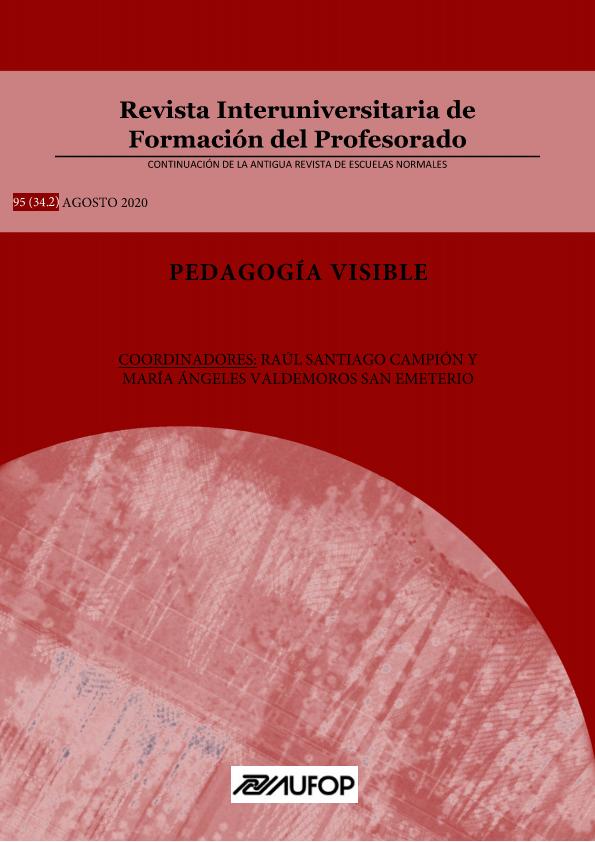Análisis del comportamiento informacional de los estudiantes posgraduados de la Facultad de Educación de la Universidad de Barcelona
DOI:
https://doi.org/10.47553/rifop.v34i2.79612Resumen
Las competencias informacionales engloban las habilidades en la búsqueda, selección, análisis, utilización y comunicación de la información. El análisis del comportamiento informacional en bibliotecas se aplica a grupos de usuarios concretos con el objetivo de conocer sus necesidades, percepciones y experiencias. De este modo es posible disponer de datos fiables para la toma de decisiones a la hora de contratar recursos y servicios, así como elaborar propuestas de mejora para aumentar la satisfacción de la comunidad. Este estudio se centra en el ámbito académico, en los estudiantes posgraduados de la Facultad de Educación de la UB. Para ello se han utilizado dos metodologías: por un lado el análisis de los datos de conexión COUNTER a los recursos digitales de la Universidad de Barcelona (UB) y por otro a través de entrevistas semiestructuradas a los estudiantes. En los resultados se exponen los patrones de conducta globales y propios, así como las experiencias y percepciones de los usuarios respecto a los recursos electrónicos y la formación de usuarios. Entre las conclusiones destaca la importancia de la colaboración entre docentes y bibliotecarios para el desarrollo de las competencias informacionales. Éstas permiten el conocimiento y explotación eficiente de las herramientas y de los recursos que ofrece la Universidad, a la vez que evidencian el rol del profesional bibliotecario como experto informacional.
Palabras clave: Comportamiento informacional; estudiantes postgraduados; alfabetización informacional; educación superior; rol del bibliotecario
Descargas
Publicado
Cómo citar
Número
Sección
Licencia
The "Revista Interuniversitaria de Formación del Profesorado (RIFOP)", with ISSN print 0213-8646 and ISSN electronic 2530-3791), adheres to the copyright notices proposed by Creative Commons
Authors’ rights
Papers published in the journal are subject to the following terms:
1. The Asociación Universitaria de Formación del Profesorado (AUFOP) is the editor of the RIFOP and holds the copyright of the papers published therein. The reuse of these is allowed under the license for use as indicated under point 2.
© Asociación Universitaria de Formación del Profesorado (AUFOP)
2. The papers are published in electronic version under the license CreativeCommons Reconocimiento-NoComercial-SinObraDerivada 3.0 España (texto legal). Papers can be copied, used, disseminated, transmitted and publicly exhibited provided that: i) the authorship and original publication source are cited (journal, editors and URL of the paper); ii) they are nit used for commercial gain; iii) the existence and specifications of the license for use are mentioned.
3. Auto-archiving conditions. Authors are allowed and encouraged to disseminate electronic pre-print versions (versions prior to peer review) and/or post-print (versions reviwed and accepted for publication) of their papers prior to their publication, since this favors prompt circulation and dissemination and supposes a possible increase in cites and scope within the academic community.
Privacy declaration
The names and email addresses incorporated into this journal will be used solely for the declared purposes of the journal and will not be available for any other purposes or to third parties.






